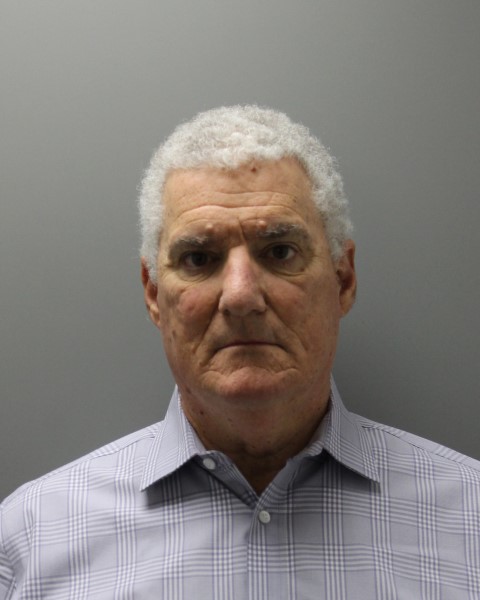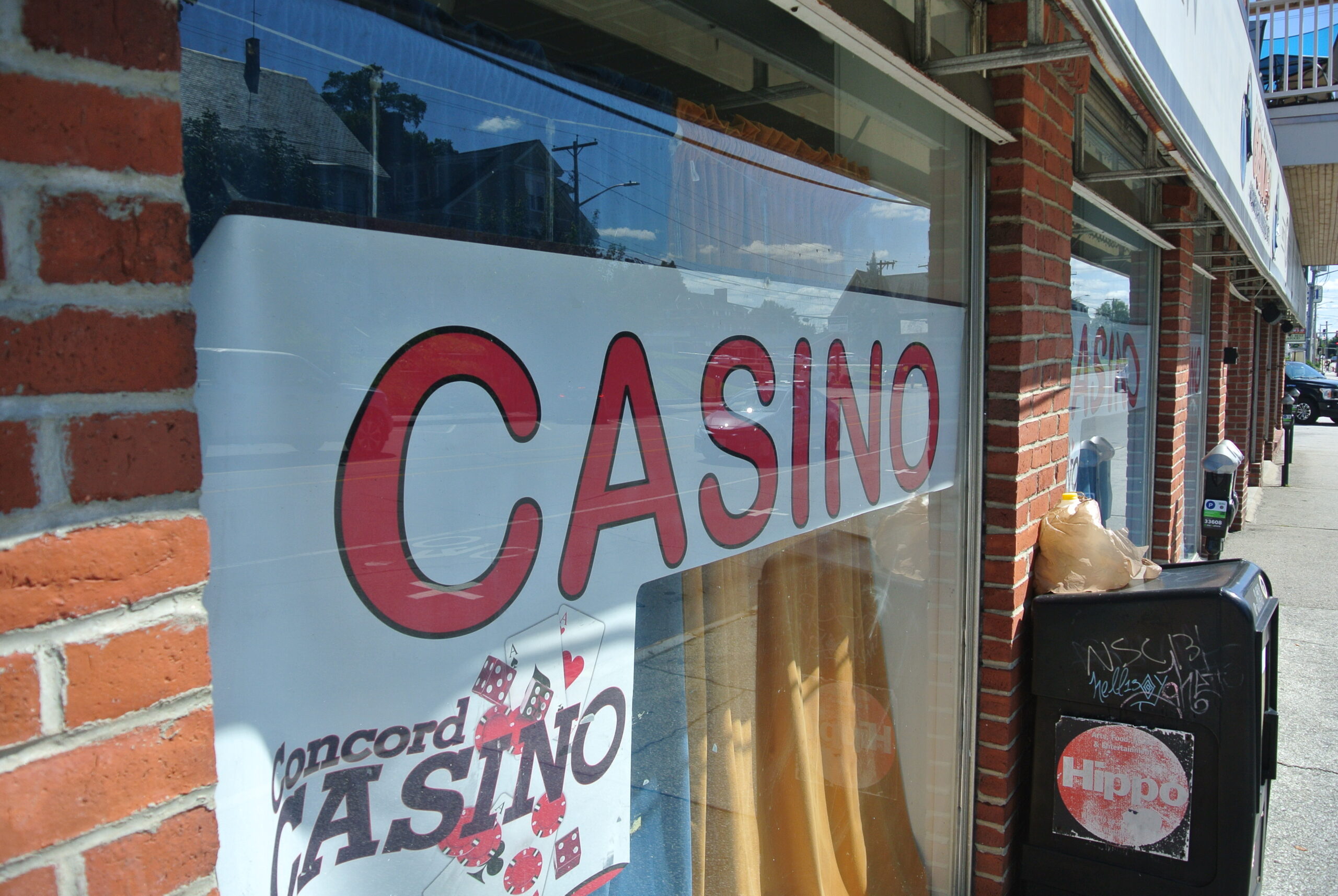Sanborn’s Big Gamble: Former Lawmaker Wants Crime Waiver for Casino Sale

With Andy Sanborn under criminal indictment and his business for sale, the former lawmaker and casino owner is asking a judge to grant him a crime waiver.
Sanborn’s legal team filed a new lawsuit against the state seeking a waiver for his business, not to get out of the criminal charges, but to keep the hope of any sale alive. Sanborn essentially wants a written promise that whoever buys his Win Win Win LLC won’t be held liable for the pending criminal charges.
“In order for the sale of WWW to proceed, Plaintiffs require relief in the form of declaratory judgment that NHLC and OAG cannot hold WWW’s buyer responsible for alleged conduct predating the acquisition,” Sanborn’s attorney Mark Knights wrote.
Sanborn and Win Win Win were both indicted last month on charges of allegedly stealing COVID relief money from the state by submitting false information to inflate revenue.
State law allows for a corporation to be criminally indicted for the actions of its directors or employees. Sanborn owns Win Win Win, the company that holds the gaming license for his Concord Casino. While Sanborn faces prison time for his charges if convicted, Win Win Win could face significant fines and other serious sanctions.
Even the possibility of crippling fines and sanctions will drive off potential buyers, according to Knights, which makes the New Hampshire Attorney General’s decision to indict the Win Win Win corporation notable. The state is already forcing Sanborn to sell his business because of a different alleged COVID relief scam, and the indictments were handed up as Sanborn had a potential buyer going through the New Hampshire Lottery Commission license vetting process, according to the lawsuit.
That buyer, it turns out, was denied a gaming license during the suitability review process, though Sanborn’s lawyers have said the denial is based on a correctable error, and not anything negative in the buyer’s background. The buyer has not been identified.
All of this could be moot given that Sanborn has already missed the deadline to sell his casino business. In December, Sanborn’s gaming license was suspended, and he was given six months to sell Win Win Win. The gaining license is to be revoked completely if Sanborn misses that deadline, which would make Win Win Win virtually worthless.
Sanborn is seeking more time for the sale in order to get the potential buyer’s suitability issues corrected, and Hearings Officer Albert Gregory is currently considering legal issues surrounding that request.
Sanborn’s troubles started last year after an audit found problems with the way the business was using COVID relief funds. Attorney General John Formella issued a statement declaring Sanborn unsuitable to hold a gaming license and accused him of improperly getting $844,000 in federal COVID funds. Sanborn reportedly used that money to pay himself through a different LLC, called The Best Revenge, and to buy sports cars for himself and his wife, Rep. Laurie Sanborn (R-Bedford.)
Last December, Hearing Officer Michael King ruled Sanborn engaged in conduct that “undermines the public confidence in charitable gaming” and that he had to sell the business or lose the license. King’s ruling gave Sanborn six months to sell with the option of one, three-month extension of a sale was pending.





